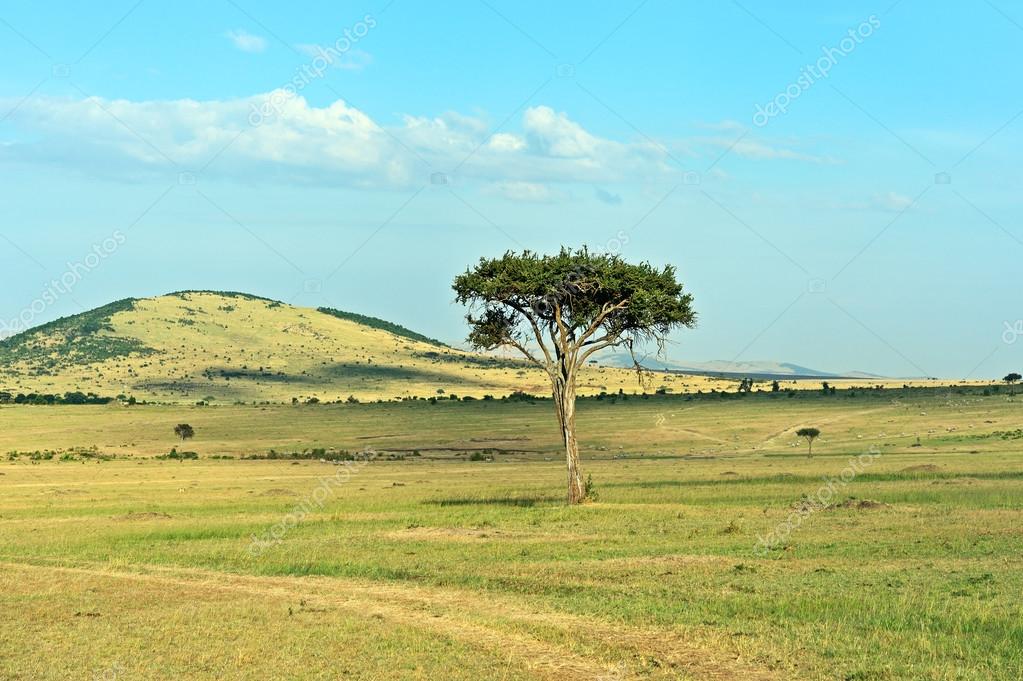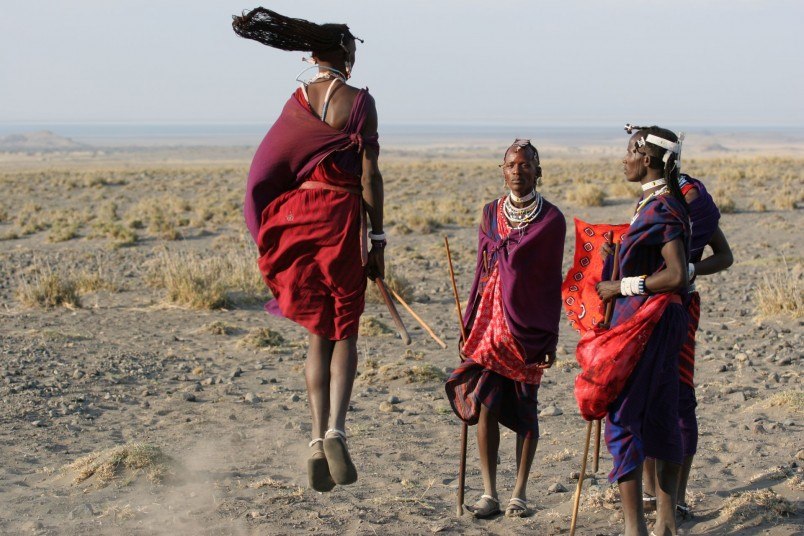In Tanzania, the Masai are increasingly repressed. A dozen villagers were attacked by a Tanzanian army patrol as they grazed their cattle a few kilometres from the Serengeti National Park in the north-east of the country. The semi-nomadic people see their lands systematically reduced in favour of tourism in Ngorongoro. For years, the Maasai have been subjected to sometimes violent evictions and live in fear of repression.
« The only use we have left of this land is to make it our cemetery. These words from a Masai villager in Ngorongoro illustrate the despair of some people.
In a report published in May, California-based think tank Oakland Institute reports on three years of research into these protected lands in the Great Rift Valley, which the Masai share with tourism companies.
A difficult cohabitation. Physical violence, threats, burned homes… To build lodges, organize safaris or expand their hunting grounds, the actors of tourism expropriate the Masai, not without the approval of the authorities.
 « An immaculate savannah »
« An immaculate savannah »
Tanzania favours the tourist industry at the expense of the Masai, considered undesirable, » says Anuradha Mittal, who published the survey on the subject for the think tank Oakland.
 « Tourism companies want an immaculate savannah, the kind of image you see in National Geographic or on television, the savannah with lions, wild animals… They don’t want to see human beings. They deny the existence of this population, which has lived on this land since time immemorial. »
« Tourism companies want an immaculate savannah, the kind of image you see in National Geographic or on television, the savannah with lions, wild animals… They don’t want to see human beings. They deny the existence of this population, which has lived on this land since time immemorial. »
The government has organized large-scale evictions. In its press release, the Ministry of Tourism and Natural Resources clearly talks about the « elimination » of livestock and housing, while justifying the operation: it is to protect the ecosystem and promote tourism.Following this episode, the media reported some 20,000 people left homeless and significant losses in livestock, their main means of subsistence.
An atmosphere of retaliation
But the Masai are fighting for the recognition of their right to live on these lands. Despite intimidation by local authorities, several villages have taken the case to the East African Court of Justice, now awaiting its decision.
For Anuradha Mittal of the Oakland Institute, the army’s intervention is directly linked to the ongoing judicial action. « The army says it protects Serengeti National Park, but the villagers were beaten on their village territory, not in the park. It’s a real climate of repression, we tell them « how dare you go before the Regional Court of Justice? » »
On the spot, observers are concerned about the climate of fear created by the authorities. They hope that a decision by the East African Court of Justice will put a definitive end to the expulsions.